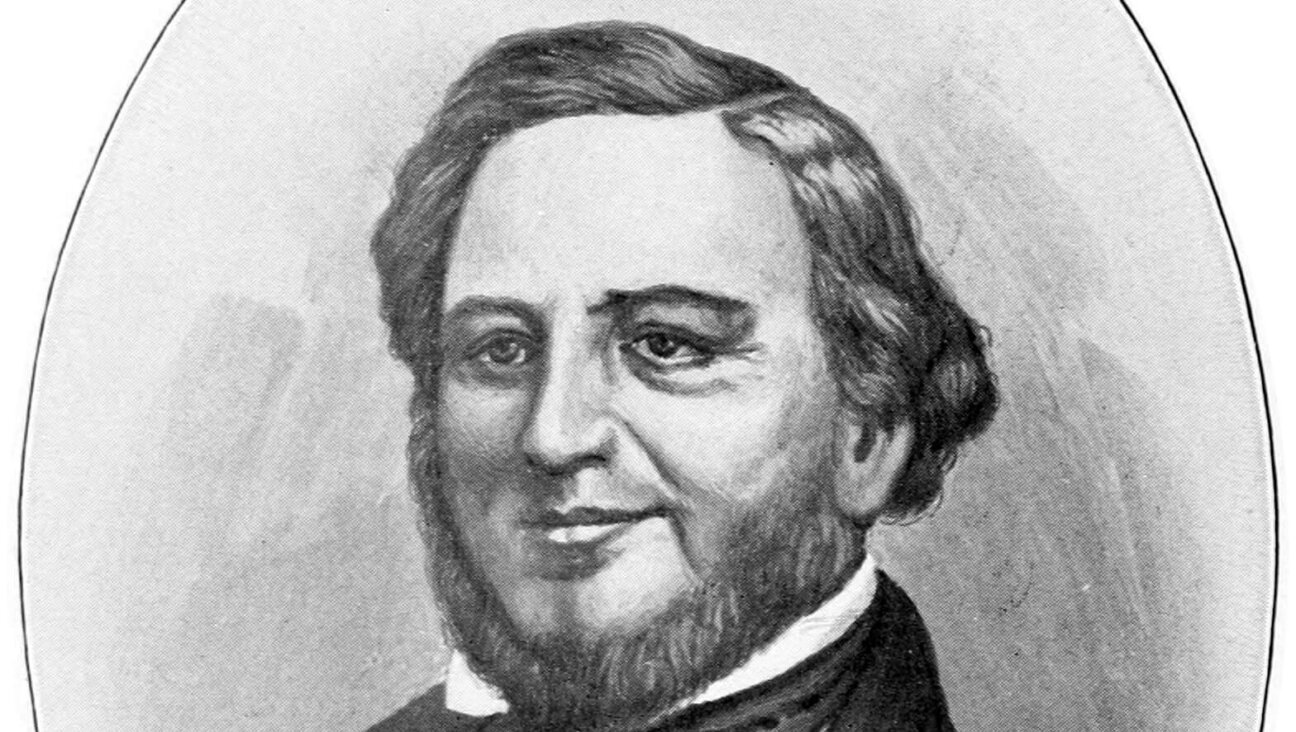Christmas in America

Image by Getty Images
Crossposted From Under the Fig Tree

Image by Getty Images
Those who, for one reason or another, stand outside the frame of Yuletide cheer often find their voices muted come Christmas. The singing of “Silent Night” leaves us, well, silent.
Not so for the protagonist of “The Loudest Voice,” one of the most celebrated of Grace Paley’s many singular contributions to American arts and letters.
In this short story, the young Shirley Abramowitz is recruited to play the voice of Jesus in her public school’s annual Christmas pageant. “They told me you had a particularly loud, clear voice and read with lots of expression. Could that be true?” inquires Mr. Hilton, who is in search of a “child with a strong voice, lots of stamina.” Flattered, Shirley agrees eagerly to become Jesus, if only for an afternoon. (“It was a long story, it was a sad story…. Sorrowful and loud, I declaimed about love and God and Man.”)
Shirley’s immigrant parents don’t quite know what to make of this turn of events. Perhaps it’s a good thing, muses her father, Misha. “What’s the harm? You’re in America.” Shirley’s mother, Clara, doesn’t quite share his cautious optimism.
Eventually, though, she comes round, too. Told by a nosy neighbor that a number of Christian students in the school were not given parts in the play, she responds: “‘What could Mr. Hilton do? They got very small voices; after all, why should they holler?…You think it’s so important that they should get in the play? Christmas…the whole piece of goods…they own it.’”
For the entire Abramowitz family, the opportunity to give voice to Jesus turns out be more of an opportunity to embrace America than a betrayal of Jewish history. “I expected to be heard,” Shirley says. “My voice was certainly the loudest.”
So, too, was Grace Paley’s voice, which left a profound imprint on the American imagination.
The Forward is free to read, but it isn’t free to produce

I hope you appreciated this article. Before you go, I’d like to ask you to please support the Forward.
Now more than ever, American Jews need independent news they can trust, with reporting driven by truth, not ideology. We serve you, not any ideological agenda.
At a time when other newsrooms are closing or cutting back, the Forward has removed its paywall and invested additional resources to report on the ground from Israel and around the U.S. on the impact of the war, rising antisemitism and polarized discourse.
This is a great time to support independent Jewish journalism you rely on. Make a gift today!
— Rachel Fishman Feddersen, Publisher and CEO
Support our mission to tell the Jewish story fully and fairly.
Most Popular
- 1

Fast Forward Ye debuts ‘Heil Hitler’ music video that includes a sample of a Hitler speech
- 2

Culture Cardinals are Catholic, not Jewish — so why do they all wear yarmulkes?
- 3

Opinion It looks like Israel totally underestimated Trump
- 4

Fast Forward Student suspended for ‘F— the Jews’ video defends himself on antisemitic podcast
In Case You Missed It
-

Opinion It looks like Israel totally underestimated Trump
-

Fast Forward Betar ‘almost exclusively triggered’ UMass student detention, judge says
-

Fast Forward ‘Honey, he’s had enough of you’: Trump’s Middle East moves increasingly appear to sideline Israel
-

Fast Forward Yeshiva University rescinds approval for LGBTQ+ student club
-
Shop the Forward Store
100% of profits support our journalism
Republish This Story
Please read before republishing
We’re happy to make this story available to republish for free, unless it originated with JTA, Haaretz or another publication (as indicated on the article) and as long as you follow our guidelines.
You must comply with the following:
- Credit the Forward
- Retain our pixel
- Preserve our canonical link in Google search
- Add a noindex tag in Google search
See our full guidelines for more information, and this guide for detail about canonical URLs.
To republish, copy the HTML by clicking on the yellow button to the right; it includes our tracking pixel, all paragraph styles and hyperlinks, the author byline and credit to the Forward. It does not include images; to avoid copyright violations, you must add them manually, following our guidelines. Please email us at [email protected], subject line “republish,” with any questions or to let us know what stories you’re picking up.















